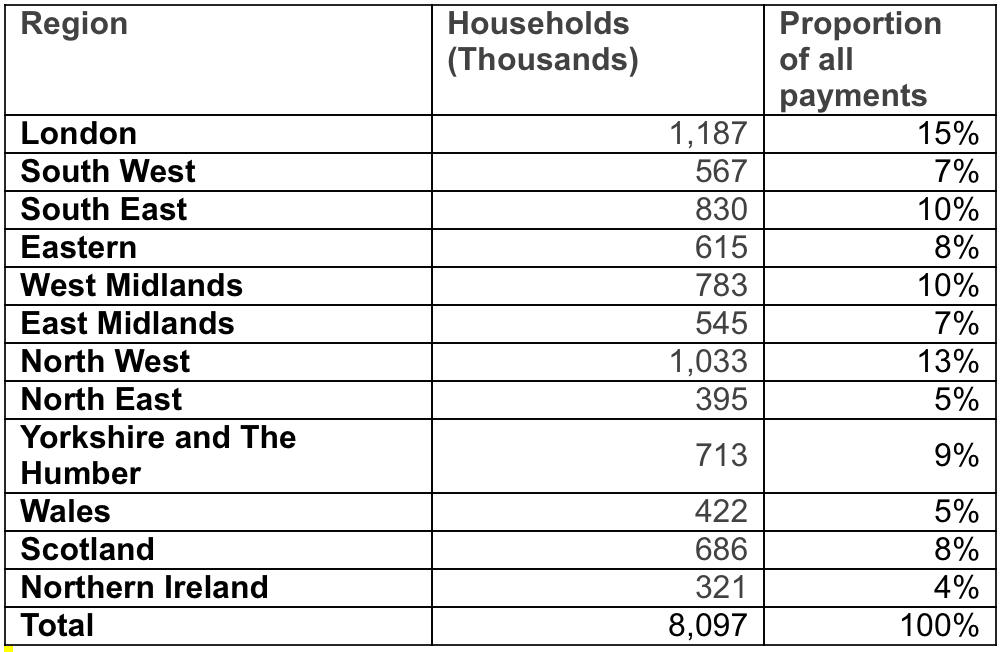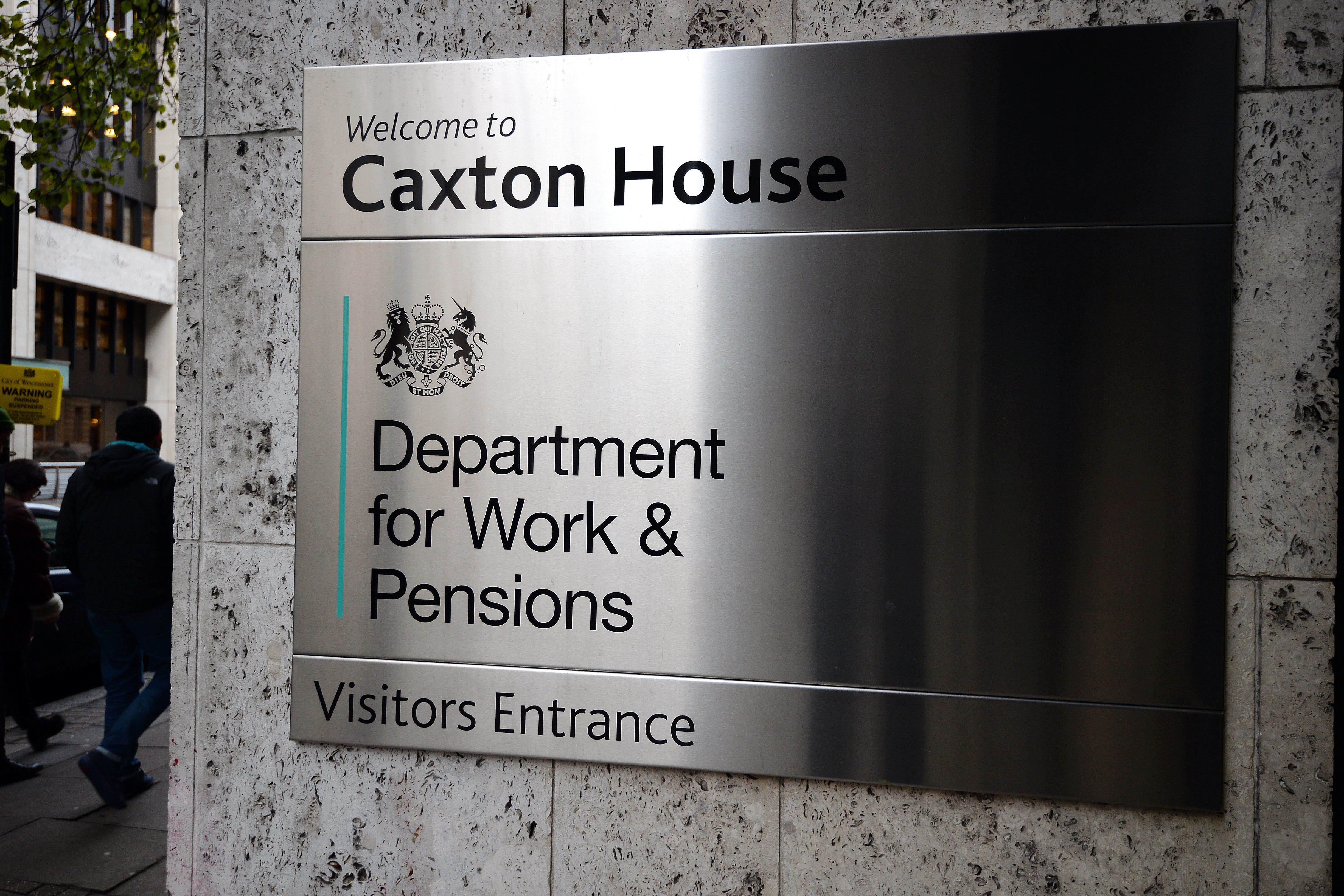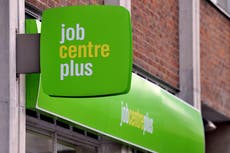Are you eligible to receive today’s £301 cost of living payment?
Those in receipt of means-tested benefits to receive payment directly to their bank account
The first of three new cost-of-living payments to help households on low incomes through the inflationary crisis will start to be sent out to bank accounts from today.
More than eight million households will receive the £301 lump sum from the Department for Work and Pensions, with those eligible set to be paid the first instalment at some point between Tuesday and 17 May.
The payments will be received by those in receipt of means-tested benefits.
These include Universal Credit, Pension Credit, Income-based Jobseekers Allowance, Income-related Employment and Support Allowance, Income Support, and tax credits.
This will be followed by two further payments, in the autumn and next spring, bringing the total level of support to £900.
These will also be accompanied by a £150 payment for people on eligible disability benefits this summer, and a £300 payment on top of Winter Fuel Payments for pensioners at the end of 2023, meaning some people will receive up to £1,350.
Those entitled do not need to do apply for the payment or do anything to receive it.
Payments made during this window will be staggered over the next couple of weeks meaning not everyone entitled to receive a payment will receive it on Tuesday.
Once the majority of those who are entitled to a payment by DWP have been paid their first installment, people receiving tax credits only will be paid by HMRC, between 2 and 9 May.
The below chart shows the estimated number of households eligible for the payment by region:

“This latest additional payment will be welcomed by millions of families – as will further payments due over the next year,” said work and pensions secretary Mel Stride.
“We have continually supported those most vulnerable to rising costs, including through record benefits and national living wage increases as well as these exceptional Cost of Living Payments responding to the global pressures we are facing.”
Chancellor Jeremy Hunt added: “The best thing we can do to help people’s money go further is deliver on our priorities to halve inflation and grow the economy.
“But we’re also here to help people through these tough times, which is why we’re holding down energy bills, freezing fuel duty, increasing Universal Credit, and giving £900 payments to low income and vulnerable families – all in part funded through windfall taxes on energy profits.”
The payments will appear in recipients’ bank accounts with a reference of their National Insurance number followed by ‘DWP COL’. Anyone in receipt of the eligible means-tested benefits between 26 January and 25 February will receive the first installment in the coming weeks.

Those who wish to check their entitlement to benefits are encouraged to use benefits calculators via the government website.
Low-income pensioners are particularly advised to check their eligibility for Pension Credit, as they may still be able to receive the cost of living payments if they make a successful backdated application by 19 May.
People are also encouraged to contact their local council to see if any additional support is available in their local area, such as through the DWP’s Household Support Fund in England, worth over £2bn across its lifetime.
It comes after tens of millions of people in the UK were hit by a new wave of rising bills in April, which are estimated to leave a typical family £682.70 a year worse off and coincide with the end of the government’s energy support scheme.
Starting from 1 April, households have been hit by increases to their water and council tax bills, alongside “inflation-busting price hikes” on mobile and broadband contracts, and higher mortgage rates for those on variable loans.
Join our commenting forum
Join thought-provoking conversations, follow other Independent readers and see their replies
Comments




Bookmark popover
Removed from bookmarks